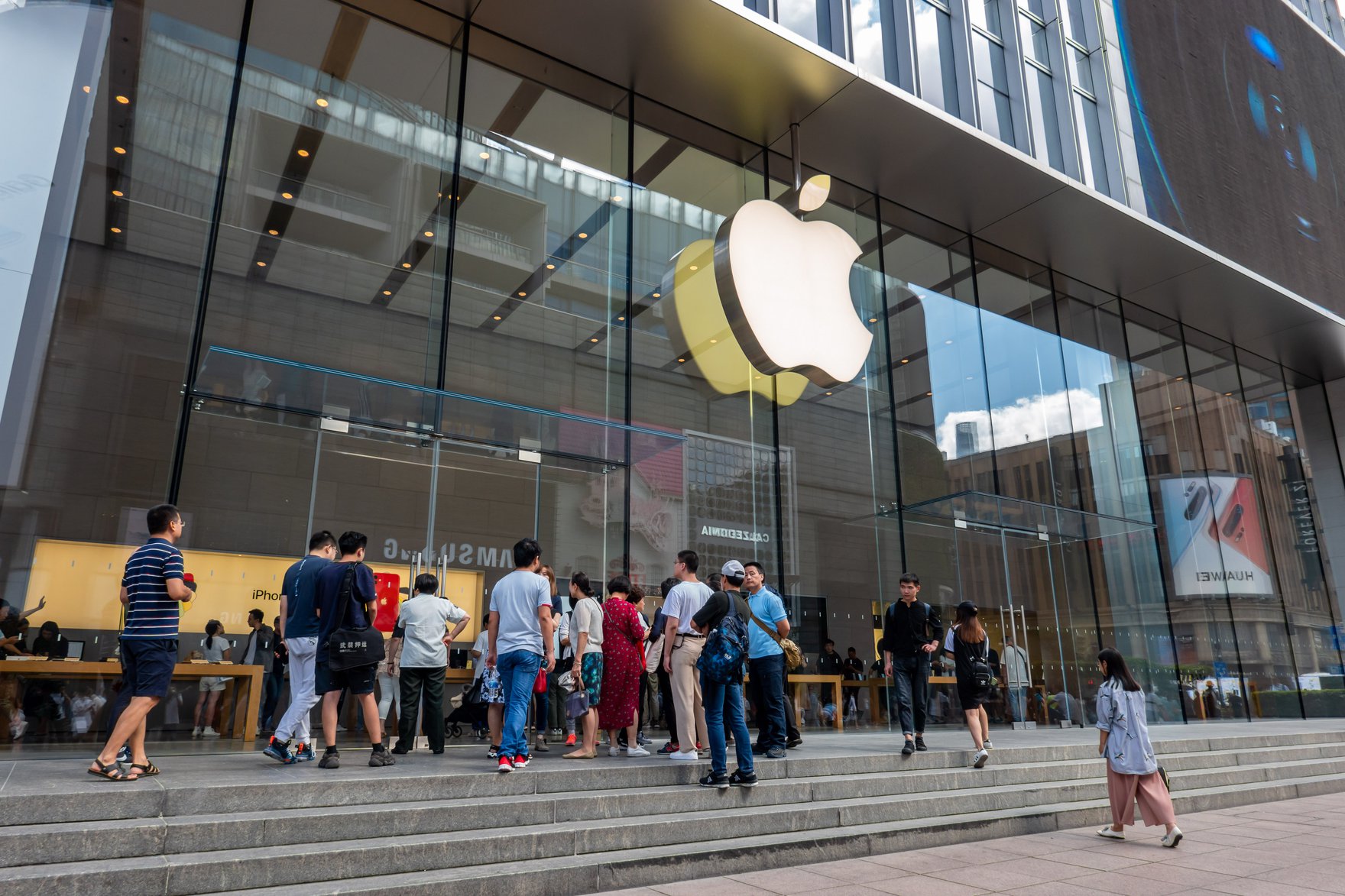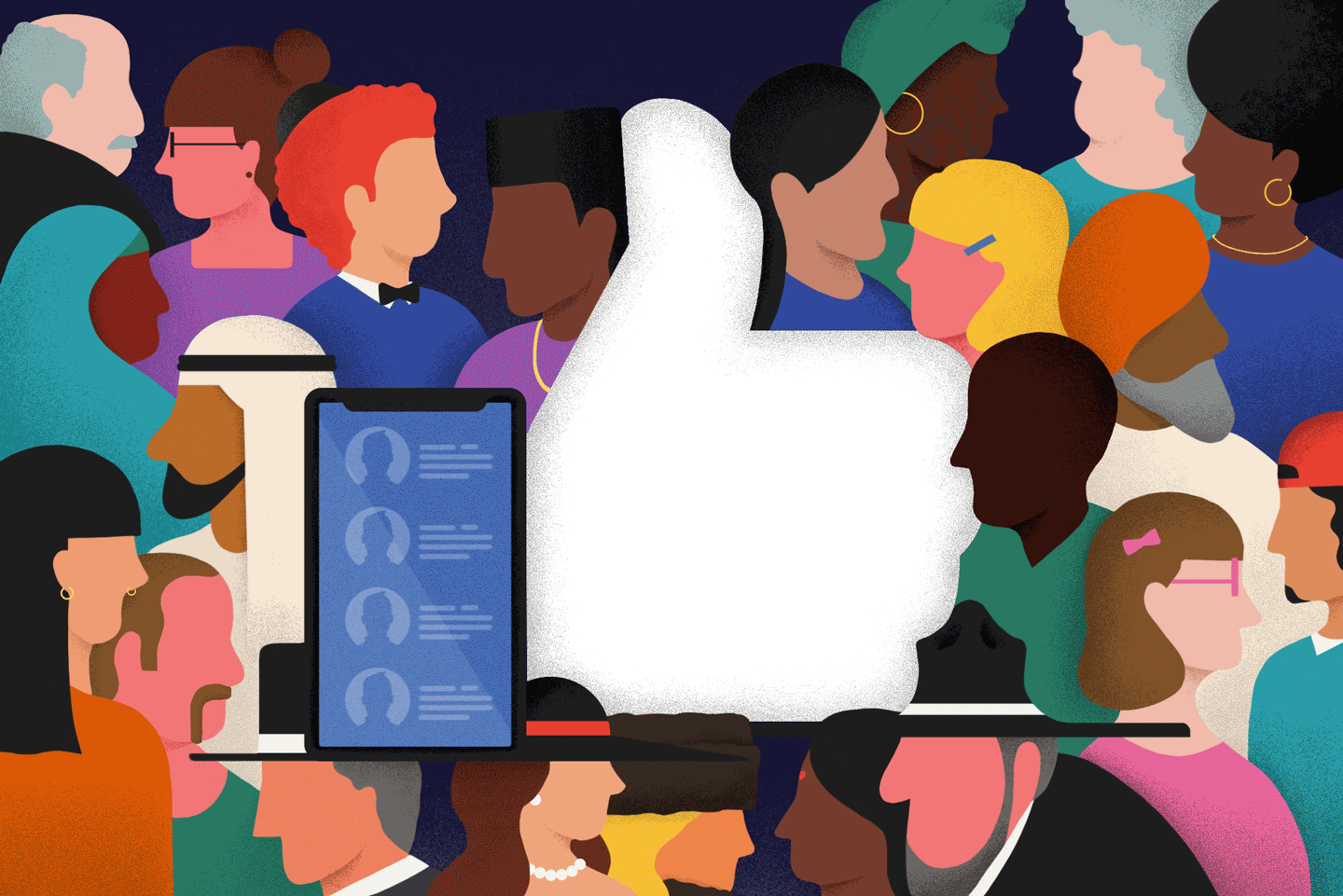In the online world, a few large technology companies play a powerful gatekeeper role. Consumers and small businesses, sometimes even large businesses, identify these companies as essential to their own success. For example, businesses feel that they need to advertise on both Google and Facebook, sell product on Amazon and be available on the Apple App Store and the Google Play Store. And consumers feel obliged to communicate with friends and organizations on Facebook, conduct searches on Google, buy things on Amazon, and own the latest iPhone — even if they would prefer a headphone jack or better battery life.
From my view as an antitrust lawyer, my first response to these perspectives is that companies like Google, Amazon, Facebook and Apple don’t necessarily have monopoly power in their markets. Yet, business and consumer experience indicates that the tech giants do hold special positions in the market; they are unavoidable. Why, then, is there a disconnect between how antitrust defines monopoly and how customers experience their choices?
Economists who have been studying digital platforms have a few ideas as to why these companies face little competition and seem to control important gatekeeper positions: network effects, economies of scope and scale, and behavioural characteristics of consumers online.
Network Effects
Network effects are a powerful incumbency advantage for large digital platforms. A social network isn’t very useful without a lot of people on it, and an e-commerce marketplace isn’t very useful without a lot of sellers on it or without a lot of regular customers visiting. Likewise, an advertising network needs a critical mass of advertisers and publishers in order to be useful. A new competitor has a difficult bootstrap problem: how do you get scale when you need scale in order to be a good product? A market characterized by network effects starts off fiercely competitive, as all entrants compete to gain scale quickly. However, this dynamic competition is hard to sustain — soon the market tends to tip toward one or two large winners. Thus, network effects may mean a company can retain a sustainable monopoly without engaging in conduct that violates antitrust laws. In cases of monopoly without illegal conduct, antitrust law takes a non-interventionist view. The theory behind that view is that competition can easily come in and compete away the monopoly rents (that is, the incumbent player’s uncontested higher prices, lower quality or lack of innovation — problems that typically occur when a monopoly is in place for too long). But in markets with strong network effects, this theory proves false, and it is exactly why we need other pro-competition laws in industries characterized by strong network effects.
Economies of Scope and Scale
Economies of scope and scale are particularly important for digital platforms because massively aggregated consumer data is one of their key sources of value. This data’s value to the platforms and their paying customers (other businesses) increases significantly when aggregated. Platforms with huge scale (for example, having data from many different users) and huge scope (many different sources of data) have an advantage over smaller companies that only have one or two types of data about their small number of users. Having many data streams on many people allows large platforms to use sophisticated algorithms to infer information about people even when they can’t obtain that information directly. The inferred data can be used to advertise, customize services, or discriminate between users. This significant scope and scale advantage available to large platforms is a huge barrier for new entrants that want to compete in these data-dependent industries.
Consumer Behaviour
Multi-homing is what consumers do when they use more than one provider of the same product or service — for example, we are multi-homing if we have multiple credit cards in our wallet, or multiple messaging services on our mobile device. Multi-homing can help diminish the impact of both network effects and the economies of scope and scale. If customers are on multiple networks, then multiple networks get the benefit of their network effects and the benefit of the data they choose to share. But multi-homing doesn’t always make sense for individual users, even as they may want a more competitive market. As well, large platforms may be exacerbating the difficulties of multi-homing to discourage competition.
Economists have found that people exhibit what’s called bounded rationality. We don’t always invest the time to make sure we are making the optimal decision. Often, we use shortcuts to accomplish a task more quickly or easily. One of these shortcuts might be single-homing — using one provider exclusively. If Amazon has a reputation for fast delivery, a consumer may feel it’s not worth shopping around other sites for most purchases. If the Google search engine works fine most of the time, users may not research alternatives or change the default that came with their phone. If switching to a new social network is hard, users might not seek out another platform, even if they don’t like how Facebook treats their data.
Design choices that the platforms make can also nudge users toward single-homing. For years, Google had exclusive contracts to be the default search engine on a variety of devices and browsers, which undoubtedly influenced some users’ behaviour. Amazon steers users to products that travel over their own logistics service rather than competitors’. Facebook cut off the friend-finding API feature that made switching to other social networks easier.
It’s also possible that these companies violated the antitrust laws to get where they are. It’s very important that the investigations by the Department of Justice, Federal Trade Commission and state attorneys general are comprehensive and well run. But even if we fully remedy all antitrust violations, and even if those remedies actually unseated any of the most powerful firms, the underlying market structure would remain. And that market structure is one that that tends toward monopoly. We must address the underlying market structure of digital platforms with ongoing, sector-specific, structural regulation to promote competition on and against dominant digital platforms. Or we may find ourselves right back where we started.





